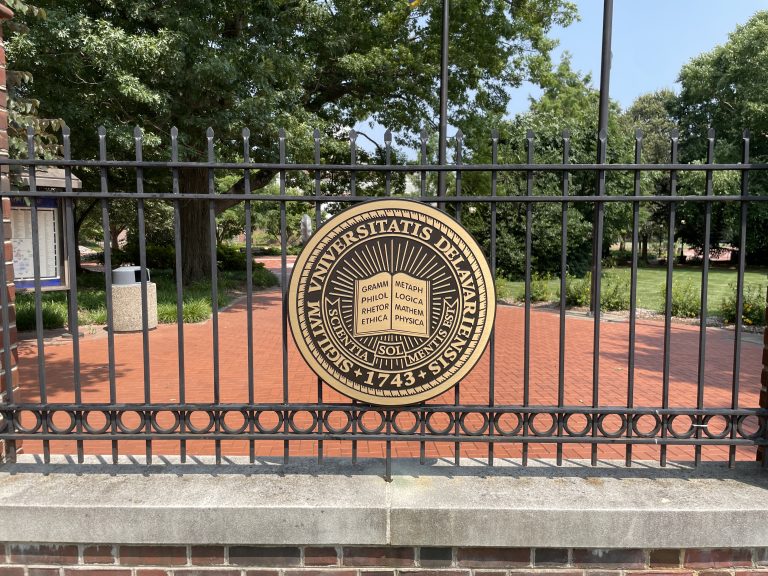AAUP Statement on Two Tier Retirement Benefits
TWO-TIERED RETIREMENT BENEFITS? JUST SAY “NO!”
In its shocking initial contract proposals in February 2016, the Administration sought to end retirement leaves and retirement payouts for all faculty members within six years. The Administration also proposed to reduce the University’s contributions to the 403b retirement plan for new faculty members. Following a unanimous rejection of these proposals by the AAUP’s Steering Committee and a surge of AAUP membership last spring, the Administration modified its proposals for both retirement leaves and for the retirement payout. For retirement leaves, it proposed ending the option of 75% of salary for a full-year’s leave and maintaining the one-semester leave at full pay with full benefits. For the retirement payout, the Administration proposed “grandfathering” for current faculty the 2.5% payout for each year of service, but ending this benefit for new hires after July 2017.
In effect, the Administration has proposed two tiers of retirement. Current faculty members would continue to receive 11% of their salary from the University for their 4% contribution, while new hires would get a maximum of 10% from the University for their 5% contribution. Current faculty members would continue to accumulate their retirement payout, while new hires would not be eligible for any retirement payout.
This two-tiered proposal is unacceptable for at least two reasons. First, the proposed “grandfathering” of retirement benefits for all current faculty would be valid only for the duration of the next contract, after which everything would be subject to renegotiation. Second, by creating deep divisions within the faculty, these proposals would undermine trust and collegiality. Instead of building faculty morale, they would generate resentment and envy among faculty members. By the mere difference of being hired after a specific date, some faculty members would have significantly better retirement options than their more recently hired colleagues. This is no way to maintain an academic community with a shared sense of mission for educating our students and building collaborative research and educational programs. Moreover, disadvantaging the younger generation is certainly not an example that administrators or faculty members of an institution of higher education should set for their students.
Two tiers of retirement benefits would divide our faculty against itself in future contract negotiations and thereby weaken its bargaining position. Older faculty members with supposedly “grandfathered” retirement benefits would be motivated to preserve these benefits, while younger faculty members without these benefits would have no personal stake in preserving them for their older colleagues, who had agreed to such an inequitable arrangement. These divisions could easily be exploited by the Administration to the detriment of both older and younger faculty members. This can be viewed as a “divide and conquer” strategy.
Retirement benefits are provided by our Collective Bargaining Agreements, which must be renegotiated by the AAUP and the Administration, usually every three years. Weakening faculty unity and solidarity in contract negotiations would severely complicate both the current and future negotiations. Over time, as the proportion of faculty members eligible for retirement payouts and with higher 403b University contributions declined, it is likely that these benefits would lose support by faculty in future contract negotiations. With the weakening of faculty unity, the Administration’s original proposals to end these benefits for all faculty members, including those whose benefits had supposedly been “grandfathered”, would become more likely.
The AAUP shall not acquiesce in the Administration’s attempt to induce our faculty to disadvantage their younger colleagues in future years. Unity across generations is necessary not only for our own financial well being, but also for preserving our ethical values and upholding our own fiduciary obligations to future generations of University of Delaware faculty members.





